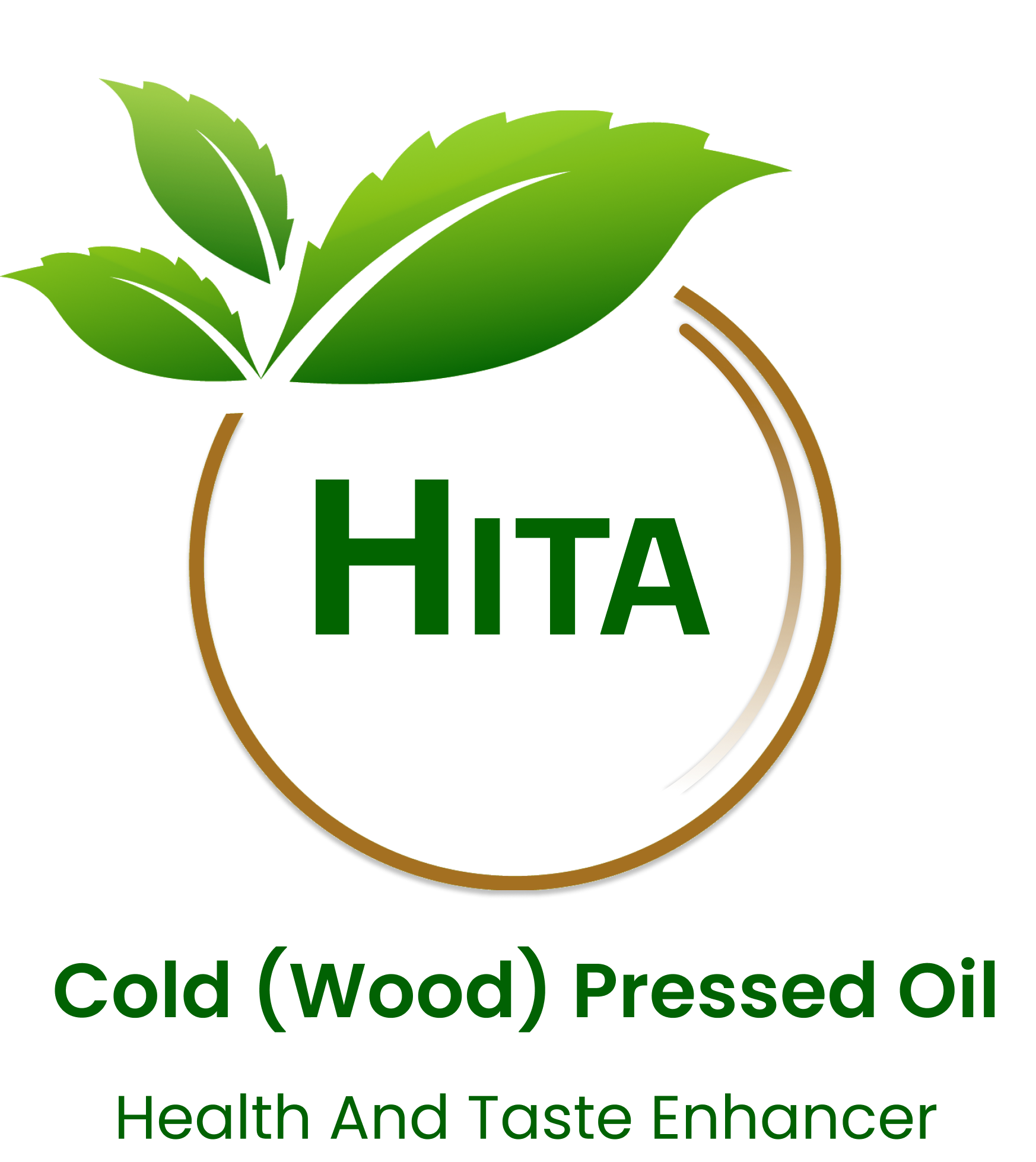Introduction
Understanding the extraction process of edible oils, particularly the distinction between cold pressed and refined oils, is crucial for managing our health effectively.
Understanding of terminologies
In this section we will understand terminologies w.r.to cold pressed edible oils
Cold pressed: When edible oil is extracted at the room temperature by crushing the raw material(s), it is called “Coldpressed” oil.
Wood pressed: When crushing of the raw material is done using wood, then it is called wood pressed oil. Cold pressed and wood pressed are synonyms.
Stone pressed: When crushing of the raw material is done using stone, then it’s called stone pressed oil. Very rarely you hear this terminology
Sedimentation: When you leave the edible oil in a container to settle down, the finer particles will get settled at the bottom. This is called sedimentation
Filtration: Sometimes, freshly extracted oil is pushed through multiple sieves using a motor to filter out the finer particles.
Refined oil: When the raw material is cleaned using chemicals and then heat is applied to extract the oil
Brief Understanding of Cold Pressed oil
If you have come to this section, this means you are one of those who cares about your health and want to understand the process better.
Firstly, let’s delve into the extraction methods. Edible oils are typically extracted from seeds, nuts, or fruits. One common method is cold pressing, which involves mechanically pressing the raw material at the room temperatures. This method retains the natural flavor, aroma, and nutritional value of the oil, as it doesn’t involve heat or chemicals.
On the other hand, refined oils undergo a process that involves heating the raw material at high temperatures, followed by the use of solvents, bleaching agents, and deodorizers to remove impurities. This process strips away some of the natural nutrients and antioxidants present in the oil.
The benefits of cold pressed edible oils over refined oils are numerous. Firstly, they preserve the nutritional integrity of the oil, providing essential nutrients that support overall health. Secondly, they contain higher levels of antioxidants, which help combat inflammation and oxidative stress in the body. Moreover, the absence of chemical solvents and additives in cold pressed oils makes them a cleaner and safer option for consumption.
In the extraction process of cold pressed oils, it’s crucial to have a thorough understanding of the raw materials, including their growing conditions, water content, taste profile, and storage requirements. This method involves extracting oil from seeds, nuts, or fruits without the application of heat or the use of chemicals, relying solely on crushing the raw material.
Traditionally, the raw material is loaded into a container and crushed using a spindle, typically made of wood or stone. However, modern motor-driven machines have become prevalent in the market, operating at low speeds to maintain optimal temperatures instead of relying on animal-driven mechanisms. The time required for oil extraction depends on various factors such as the quality of the raw material, spindle rotation speed, weather conditions, and machine capacity.
The yield of oil varies depending on the type of raw material being processed. Once the oil is extracted, it is typically left for natural sedimentation in a stainless-steel container for a couple of days. Additionally, exposing the oil to sunlight for some time aids in the natural evaporation of any residual moisture.
Cold pressed oil vs Refined oil:
Heat: When the raw material is heated all its natural nutrients are lost. The oil becomes toxic as there is significant change to its chemical structure. Refined oils are heated to a 500 to 600 degrees during extraction.
Nutrients: In cold pressed oil, nutrients are intact, no need to add or remove any of them. They are healthy. Each edible oil has its own benefits
Chemical: No chemicals are used to clean the raw material in cold pressed oil extraction. Hence the quality of seeds has to be good else it’s quality will go down very fast
Additives: No additives are used in cold pressed oils; hence the shelf life is important.
Shelf life: Good quality cold pressed oils will have at least 6 month of shelf life
Health: Cold pressed oils are Cholesterol free, contains good saturated fat, which is needed by the body. No need to add any extra additives
Foaming: Naturally extracted oils, when heated they foam. This is one of the ways to find out whether the oil has any additives such as “anti-foaming” agent or not. Note: Anti-foaming agents are NOT good for health.
Pricing:
Cold pressed oils are expensive compared to the refined oils when look at it from each transaction perspective.
Naturally, it takes approximately 2.5 to 2.75 kilograms of groundnut seeds to produce just one litre of pure groundnut oil. When considering this ratio, it prompts us, as consumers, to question how refined oils are sold at such low prices. Several factors may contribute to this, including the quality of the seeds used, the extraction process, or even potential adulteration.
Closing
As the saying goes, “Our health is in our hands,” emphasizing the importance of proactive care. Once lost, restoring it can be a challenging journey.
Healthy Body – Healthy Mind – Healthy Life – Healthy Society
Call-to-Action
Please call us to have a conversation.




Add Comment